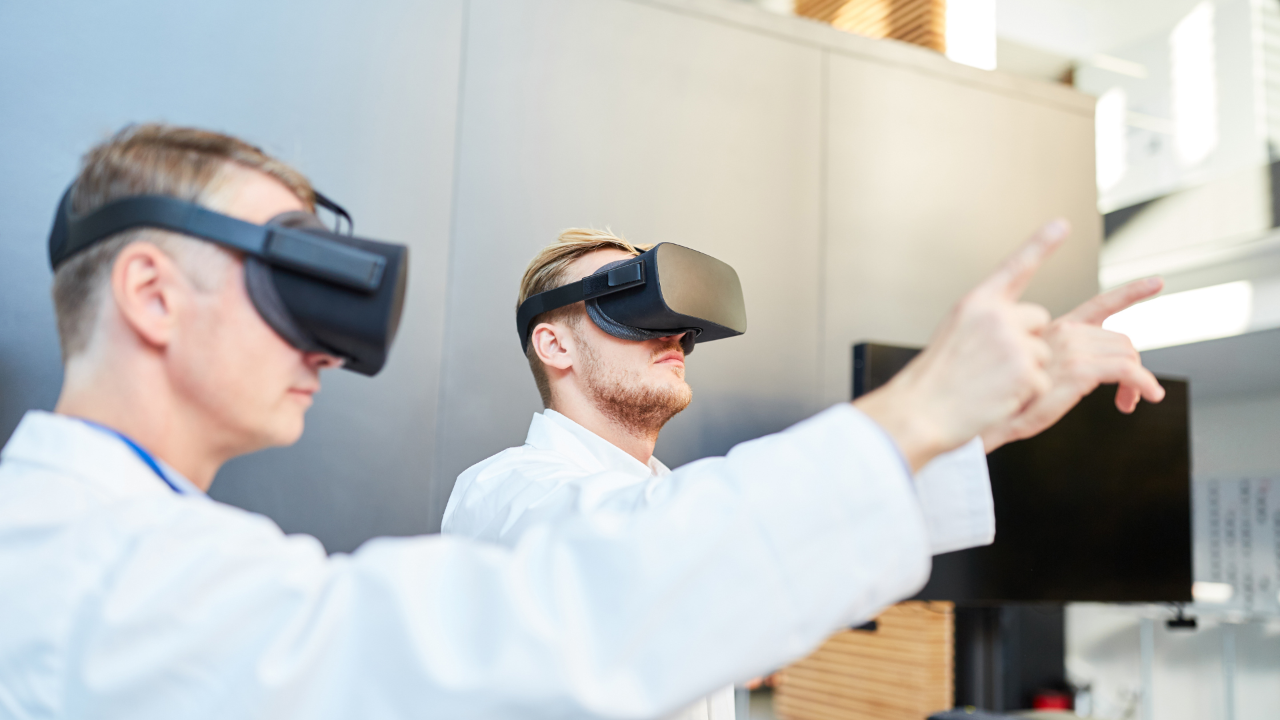
The Evolution of Virtual Reality
Virtual reality, or VR, is a technology that has been in development for decades, but has only recently begun to reach its full potential. The concept of VR can be traced back to the 1950s, when computer scientists and engineers first began experimenting with the idea of creating fully immersive, computer-generated environments.
In the early days of VR, the technology was primarily used for scientific and military research. However, as computer processing power and graphics capabilities increased, scientists and engineers began to explore the potential of VR for a wide range of applications.
One of the key early developments in VR was the creation of head-mounted displays (HMDs), which allowed users to fully immerse themselves in virtual environments. These early HMDs were bulky and expensive, but they represented a major step forward in the development of VR technology.
As the technology continued to evolve, VR began to be used for a wide range of applications, including gaming, education, and training. In the late 1990s and early 2000s, VR technology became increasingly accessible, with the release of affordable, consumer-grade VR systems.
Today, VR technology has advanced significantly, and it is being used in a wide range of industries, from healthcare and education to architecture and automotive design. The use of VR in gaming and entertainment has also grown popular.
One of the most exciting developments in VR is the increasing use of VR in education and training. VR simulations can provide students and trainees with a highly immersive and realistic learning experience, allowing them to practice handling a wide range of situations in a safe and controlled environment. This can help to improve skills, build confidence, and prepare individuals for high-stress situations.
From its early beginnings as a tool for scientific and military research, VR has come a long way and is now being used in a wide range of industries. The increasing accessibility and affordability of VR technology has also opened up new possibilities for individuals and businesses, making it possible for more people to experience the benefits of this cutting-edge technology.

